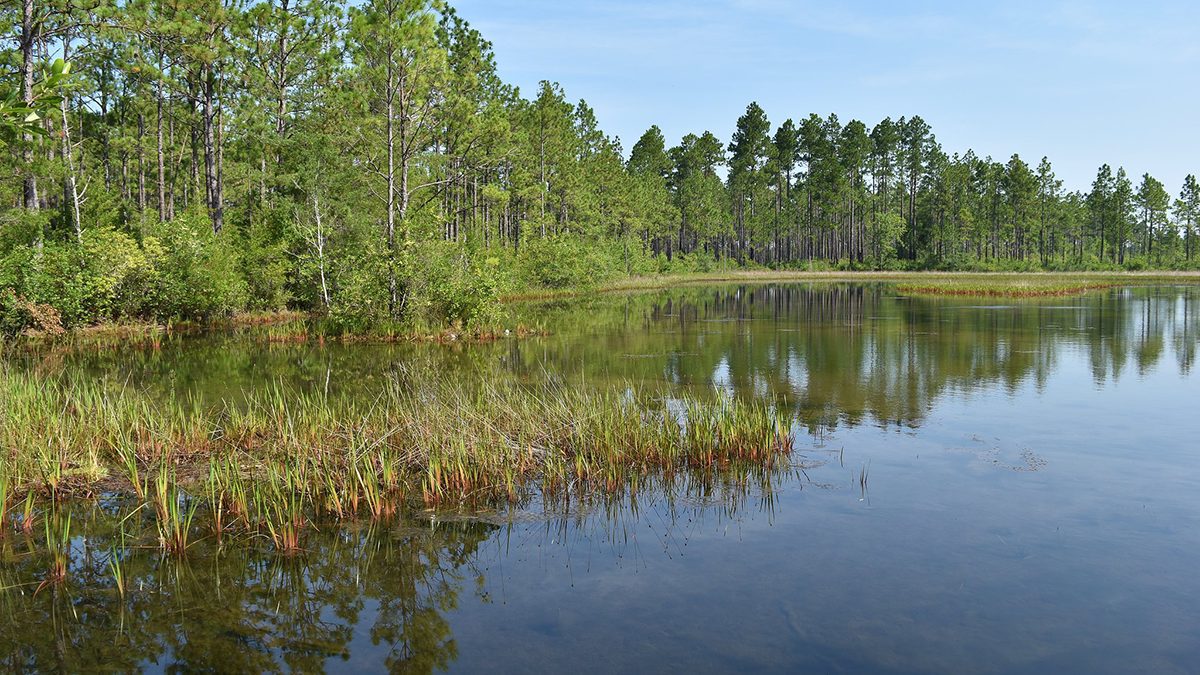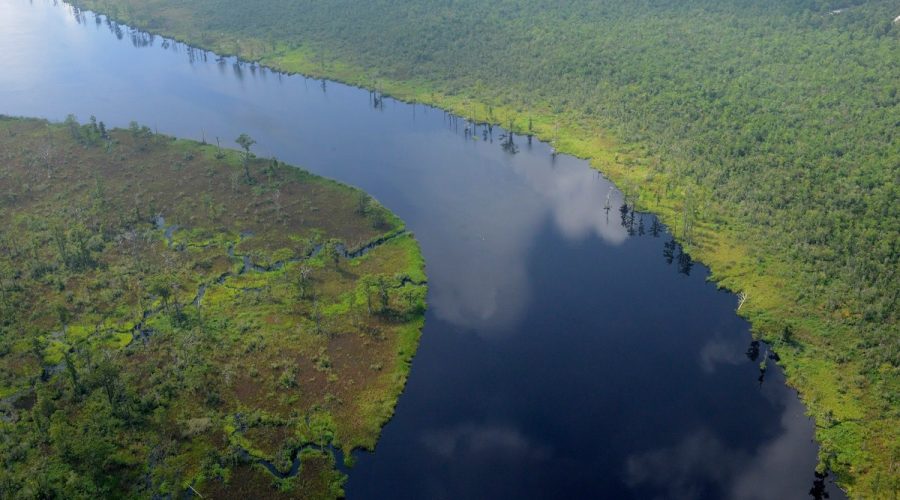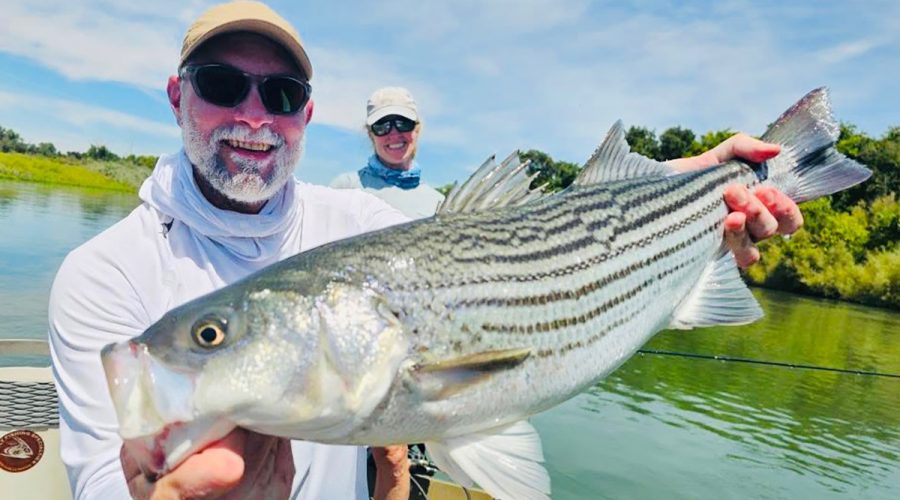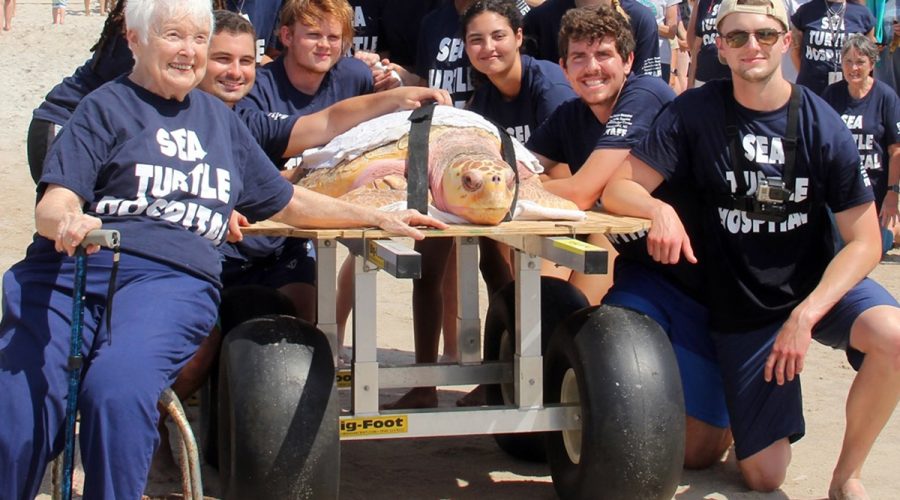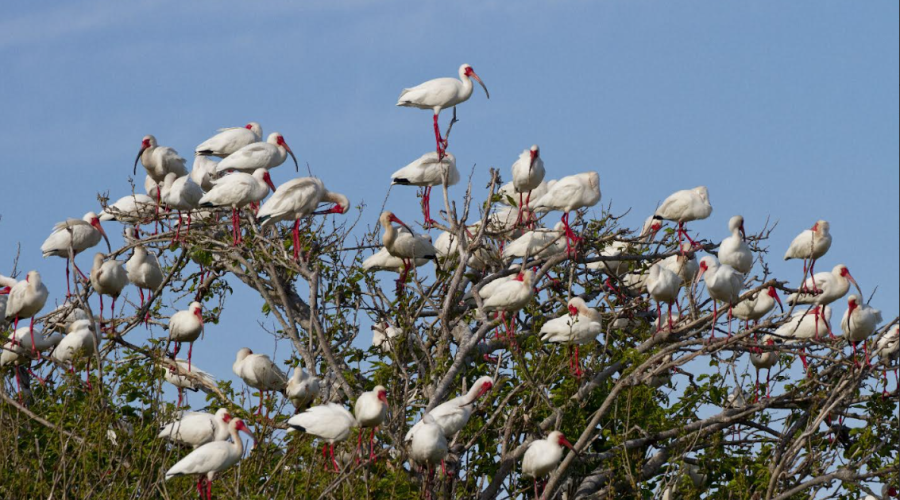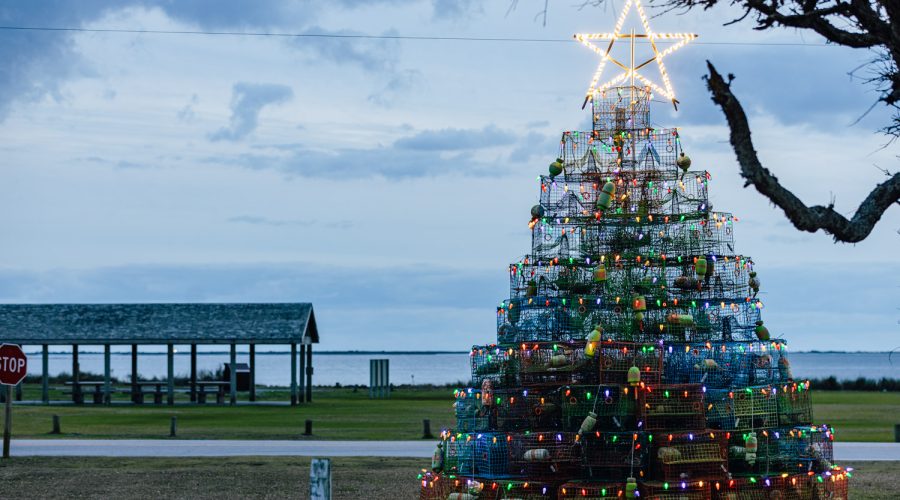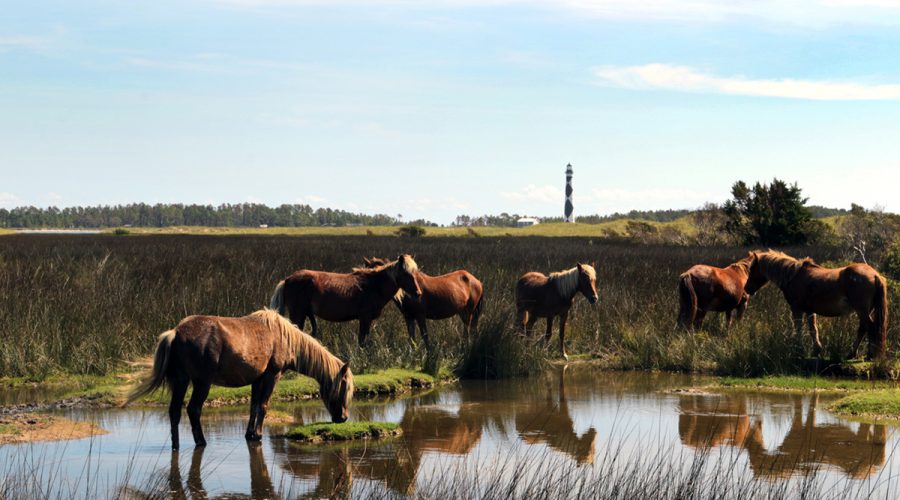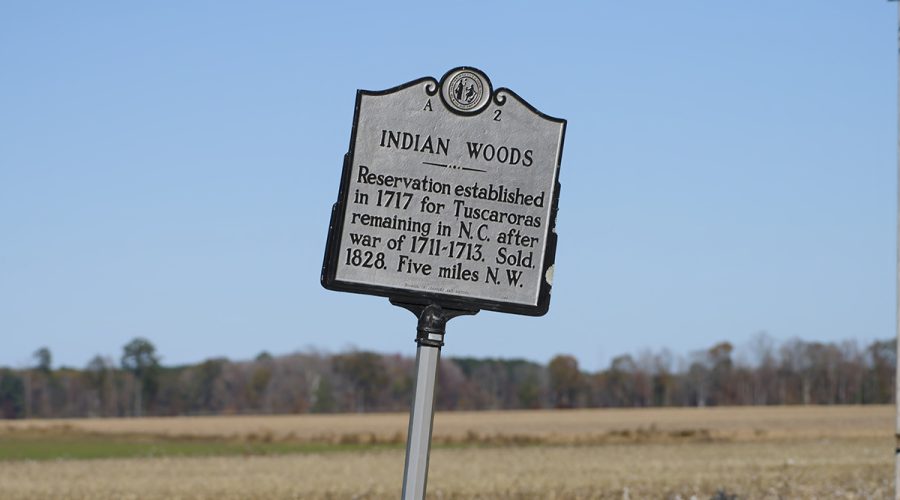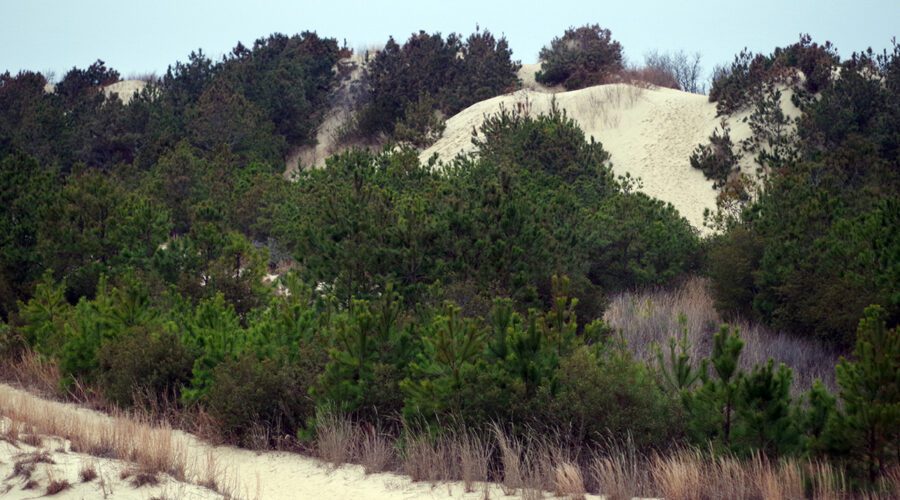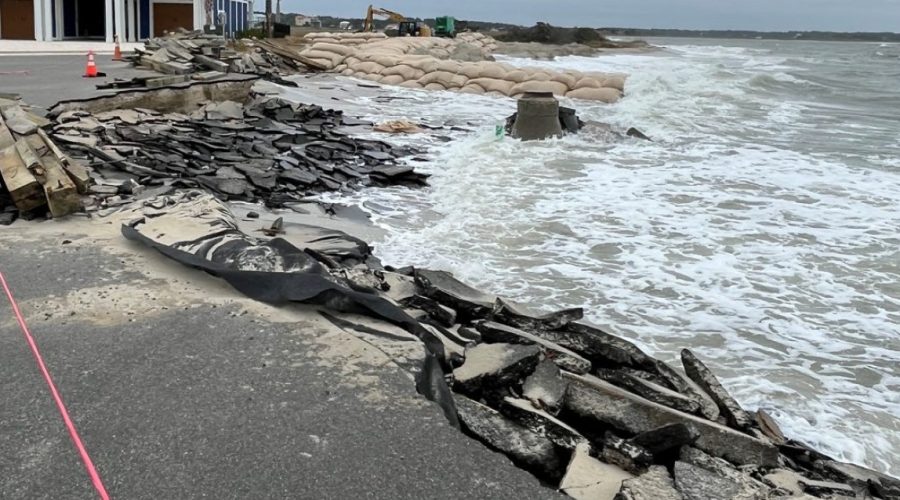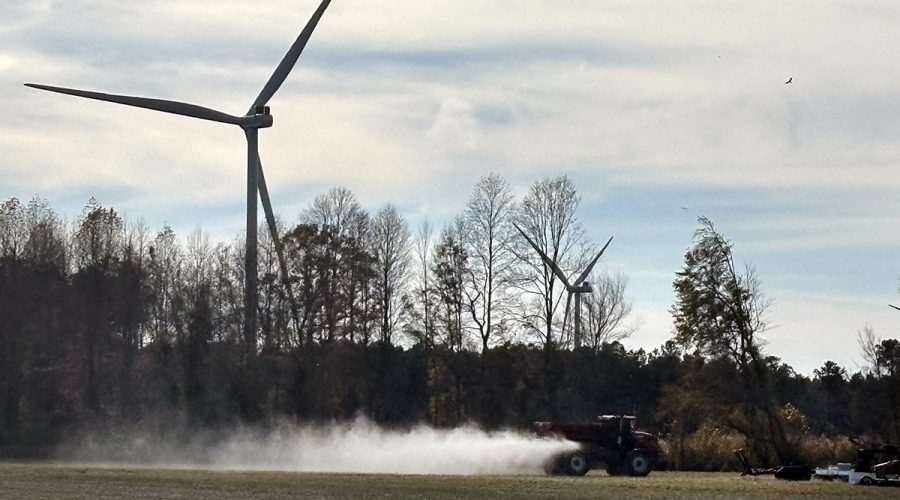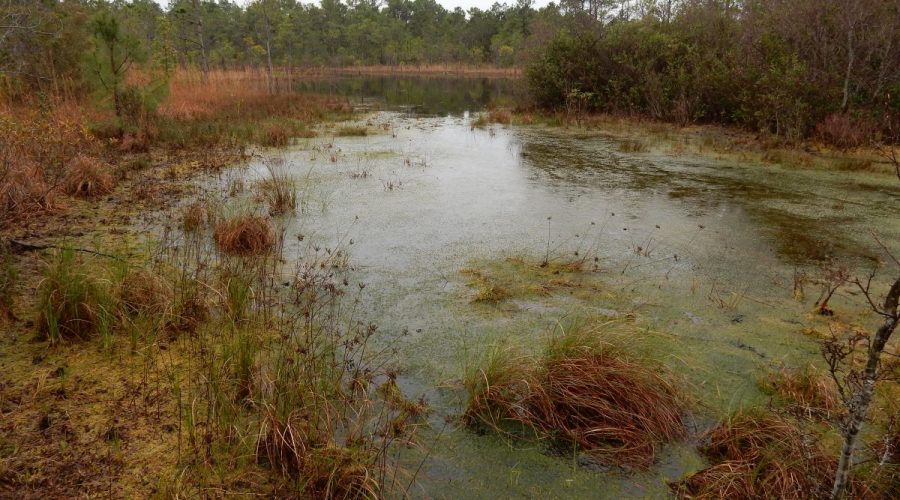A hearing is set for next week on the proposed definition rolled out last month for “Waters of the United States,” which outlines the waterbodies eligible for protection under the federal Clean Water Act, that conservationists warn will leave millions of acres of nontidal wetlands vulnerable to pollution, harm fish habitat and worsen flooding.
Featured
Opponents say river water transfer puts Cape Fear in peril
Fuquay-Varina seeks to transfer 6.17 million gallons per day from the Cape Fear River Basin to the Neuse River Basin to meet the Piedmont town’s projected water demands.
A brief reprieve isn’t lasting protection: Our fight continues
Opinion: While the Department of Interior has excluded the entire Atlantic Coast from its current drilling program — a result of decades of tireless local opposition — it is time to demand permanent legislative protection for our waters before the threat returns in the next five-year cycle.
Why do we fish? Myriad reasons are all valid, except for one
Whatever the motivation, personal or philosophical, escapist or naturalist, there is almost no wrong answer when it comes to fishing.
Chemours cannot keep documents sealed, federal judge rules
Chemours and its predecessor company DuPont had sought to seal records including regulatory compliance monitoring reports and internal corporate communications about chemical production.
This biscuit that brings farmers to tears becomes rarer find
One chef’s recipe, inspired by family and honed over years, is a reminder that simple food holds history, emotion and possibilities.
Jean Beasley, passionate sea turtle protector, dies at 90
The founder of the Karen Beasley Sea Turtle Rescue and Rehabilitation Center on Topsail Island, which she named in memory of her late daughter, was driven to protect the beloved ocean dwellers.
Partnership to test living shorelines on two Cape Fear islands
An effort to protect threatened wading bird colonies and their imperiled habitat on Battery and Shellbed islands, Audubon, Sandbar Oyster Co. and the North Carolina Coastal Federation have teamed up to design and install two pilot projects and test their effectiveness.
Holiday lights are aglow ahead of annual Waterfowl Weekend
The Core Sound Waterfowl Museum and Heritage Center is celebrating the holidays and heritage with its annual Waterfowl Weekend set for Friday through Sunday at the museum on Harkers Island.
Opinion: For whose benefit are barrier island horses?
Guest commentary: Invasive species pose a serious challenge for ecosystems that have not evolved alongside them, and such is the case with North Carolina’s crystal skipper and the nonnative horses allowed to roam the barrier islands that are the butterfly’s only habitat.
Tuscarora War, hazel eyes: Researcher traces tribe’s lineage
There were numerous factors at play that sparked the Tuscarora War in 1711, historian and descendent Dr. Arwin Smallwood explains the tensions among the tribe that inhabited much of eastern North Carolina and the influx of colonists.
CRC votes on language, again, to protect Jockey’s Ridge
The Coastal Resources Commission during its regular meeting last week voted on proposed language that changes the “Description” of Jockey’s Ridge to the “Designation” in an attempt to satisfy the most recent Rules Review Commission’s objection.
Ocean Isle Beach landowners get OK to build sandbag wall
Petitioners were granted permission to build a sandbag wall to protect their oceanfront properties at The Pointe in Ocean Isle Beach, with a stipulation that the public area of the beach remain unimpeded by the structure.
Timbermill Wind celebrates becoming Chowan’s top taxpayer
The company’s annual payments to the county over the project’s 30-year lifespan are expected to total $50 million, and the infusion of revenue this year totals more than last year’s top nine taxpayers combined.
EPA, Army Corps leaders publish revised ‘WOTUS’ definition
Environmental Protection Agency and Army Corps of Engineers officials said Monday that proposed changes to the existing “waters of the United States” definition are to focus on relatively permanent, standing or continuously flowing bodies of water.
Wilmington residents see no good in proposed harbor project
None of the proposed alternatives for the State Ports Authority’s plan to accommodate larger container ships at the Wilmington port would boost the local economy and any benefit would be offset by environmental costs, public hearing attendees said.

